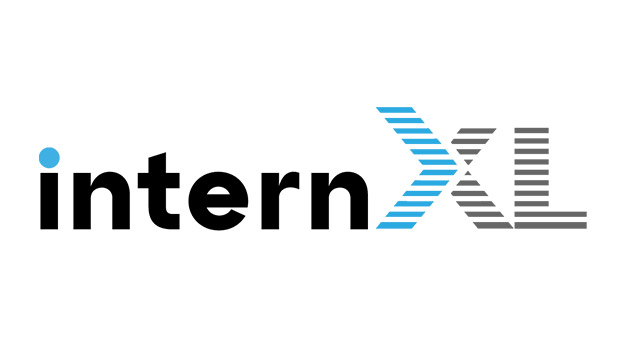Expanding Access to Opportunities
Global competitiveness, as well as economic and corporate growth, depend on enabling all citizenry. Closing the racial wealth gap in the U.S. would add $1.5 trillion to the gross domestic product (GDP). Business leaders and philanthropists can participate in this growth in several ways. Some of these ways are outlined below.

Supporting Students Attending Historically Black Colleges and Universities (HBCUs)
Of the approximately 4,400 colleges and universities in the U.S., only about 100 are HBCUs. Additionally, their combined endowment is less than the endowment of a single Ivy League institution. Worse yet, two-thirds of Black household wealth is spent servicing student loan debt, annually. Student Freedom Initiative (SFI) provides students at HBCUs with affordable financing alternatives to traditional student loans, plus tutoring, mentorship services and internships. $10 million enables 100 students to affordably attend an HBCU each year, every year, forever. Partners already include Cisco, the Walmart Foundation, Prudential Financial, Stackwell, the Capital One Foundation, Jane Street and Fund II Foundation.
HBCUs produce 75% of Black PhDs, 80% of Black federal judges and 50% of all Black engineers.
82% of HBCUs are in broadband deserts, sharply limiting their participation in our future digital economy.
Closing the Digital Divide
The U.S. Bipartisan Infrastructure Investment and Jobs Act earmarked $65 billion for Broadband Equity Access and Deployment (BEAD) funding. States must create Digital Access Infrastructure Plans to apply for this federal funding, but often underserved and underrepresented communities lack the technical expertise to participate. The cost to prepare a broadband plan for each community is about $400,000. Just an approximately 10% increase in broadband penetration could yield over half a trillion dollars in GDP growth for the U.S.
Partners like Cisco already have helped deliver 5G and fiber optic broadband to Orangeburg, SC, as well as cybersecurity upgrades enabling 42 HBCUs to continue to receive Title IV funding, impacting 200,000+ students. New investments are vital to supporting additional community broadband plans.
Expanding Access to Capital
Of the approximately 4,400 banks in the U.S., only 18 are owned and led by Black Americans. Southern Communities Initiative (SCI) is building banking infrastructure in disadvantaged communities by supporting the digital transformation and technical capabilities of CDFIs and MDIs and enhancing their liquidity. Unlike large banks, these lenders are ingrained in underserved communities, and often operate with greater efficiency.
A $15 million investment can modernize 30 CDFIs/MDIs in six communities home to half of all Black Americans, with exponential impact. This investment can help with the following:

Increase loan throughput for CDFIs/MDIs by two to three times
Unlock $2 billion in capital for underserved businesses
Create 75,000-150,000 new jobs

Providing On-Ramps to Opportunity Through Internships
internXL matches qualified students from underrepresented backgrounds with paid STEM internships to diversify the industry. internXL has over 25,000 students seeking their next job opportunity at over 300 corporate partners, including JPMorgan Chase, Cisco, AIG, Amazon, Prudential and more.
Embedding Diversity and Conscious Inclusion Strategies in Your Business Model
The data is clear; diverse perspectives are good for business and drive better decisions and customer engagement, increased profitability and higher employee morale. In addition, the NAIC has shown that diverse private equity funds outpace the industry Burgiss median across nearly every metric. Businesses can enhance inclusion and diversity in several ways, including those listed below.

Board Programs
Only 25% of corporate U.S.-based boards have a board member from an often underrepresented community. Encourage more diversity at the board level. These programs lead to higher-quality decision making and promote change from the top down. However, progress slowed from 2022-2023.
Talent Management Programs and Corporate Banking
Include more people from disadvantaged communities through internships, fellowships and other programs that create cultures of belonging and inspire all employees to operate as their best selves.





